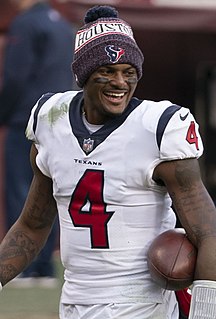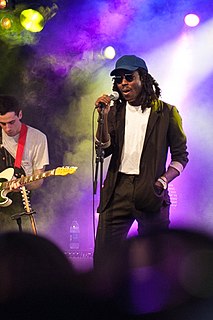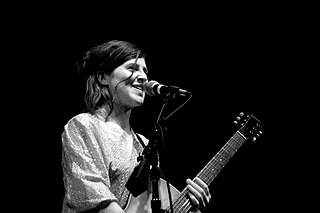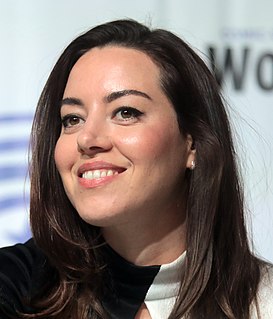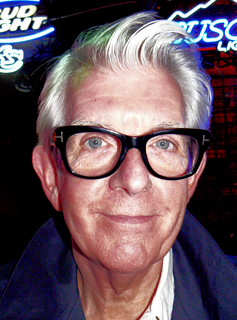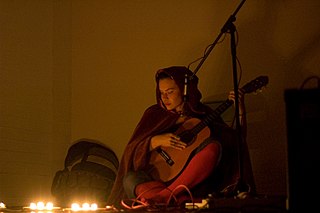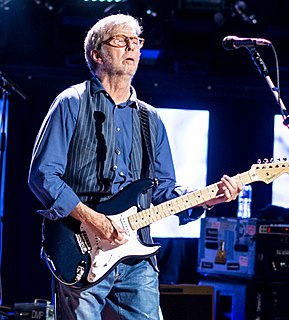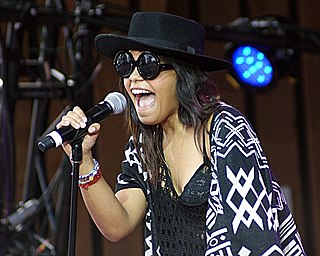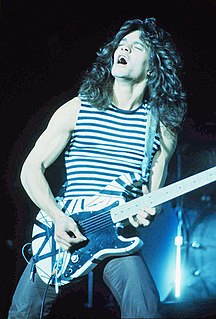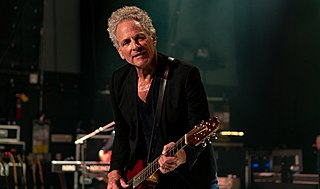A Quote by Andrew Bird
There's kind of this unequaled thrill of playing a half-finished song, it's kind of sense of slight embarrassment; like you're blushing. I like doing that. I did that with "Eyeoneye" and it was almost a curse on the song for a while; I debuted it when it was half-finished in a very public way
Related Quotes
At first, after my freshman year, it was kind of a joke, going into my sophomore year like, 'Hey, I wanna graduate in three years, two-and-a-half.' And we were just kind of playing with it, added some extra classes in, and then once I finished that following spring going into that next summer, it was just like, 'Hey, I can actually do it.'
The issue I had with the Lightspeed albums was that usually the main purpose with them was to fulfil really dorky musical goals, like, 'I wonder if I can do that,' and it was all very personal. It was more that once I'd finished the goal of what the song was, I was kind of done. It was like ticking boxes.
When I have just sat down and tried to write the lyrics of a song, usually about half of it sounds like bullshit. I just have to go away from something and come back to it again later. I do a lot of editing and switching around and putting little pieces together to get the right mood and personality, and it takes me forever to get a song finished.
I feel like this song [Yello, "Oh Yeah"] was probably done in a couple of minutes in a studio. There was probably no thought behind it; they were just playing with some samples and threw it together. I feel like there's no dream behind the song. Usually there's a dream or some kind of passion attached to a song. This song feels very empty. It made a lot of money for the songwriters but at the expense of culture.
And then, one day, they program a new tune, and it really catches your ear, you know, because you can be doing the washing up or something, you know, in your apartment and suddenly you go, whoa, what are they playing in there? And you run to the wall, but it's finished - but the song's finished. You only heard enough of it just the pique your interest. And you never know when they're going to play it again, of course, like a normal radio station.
it's about a love song to myself, and a love song to the universe, kind of like the way that Song of Solomon consists of love songs to God or like the way Sufi poems are erotic love songs to God, I kind of wanted something like that. Because I was getting to know myself more deeply at this point. I've always been on this track where I wanted to be enlightened.
The Yardbirds came in to the Crawdaddy Club a week after the Stones finished their Sunday night residency. They had done it for almost a year, I think, and then we did it for a year. It was better when they were playing there because when they went they took half the crowd with them and it took us quite a while to build up our own following.
I played a couple of ideas and then had this unusual texture underneath which was like this little granulated kind of pipe organ almost like a scratchy record which he started [inaudible] brilliantly. "Oh I love that song." And when things go fine, it's good. So he started loving that song and that song was used quite a lot in the movie which is very granulated stuff on the guitar.
But once you've made a song and you put it out there, you don't own it anymore. The public own it. It's their song. It might be their song that they wake up to, or their song they have a shower to, or their song that they drive home to or their song they cry to, scream to, have babies to, have weddings to - like, it isn't your song anymore.

